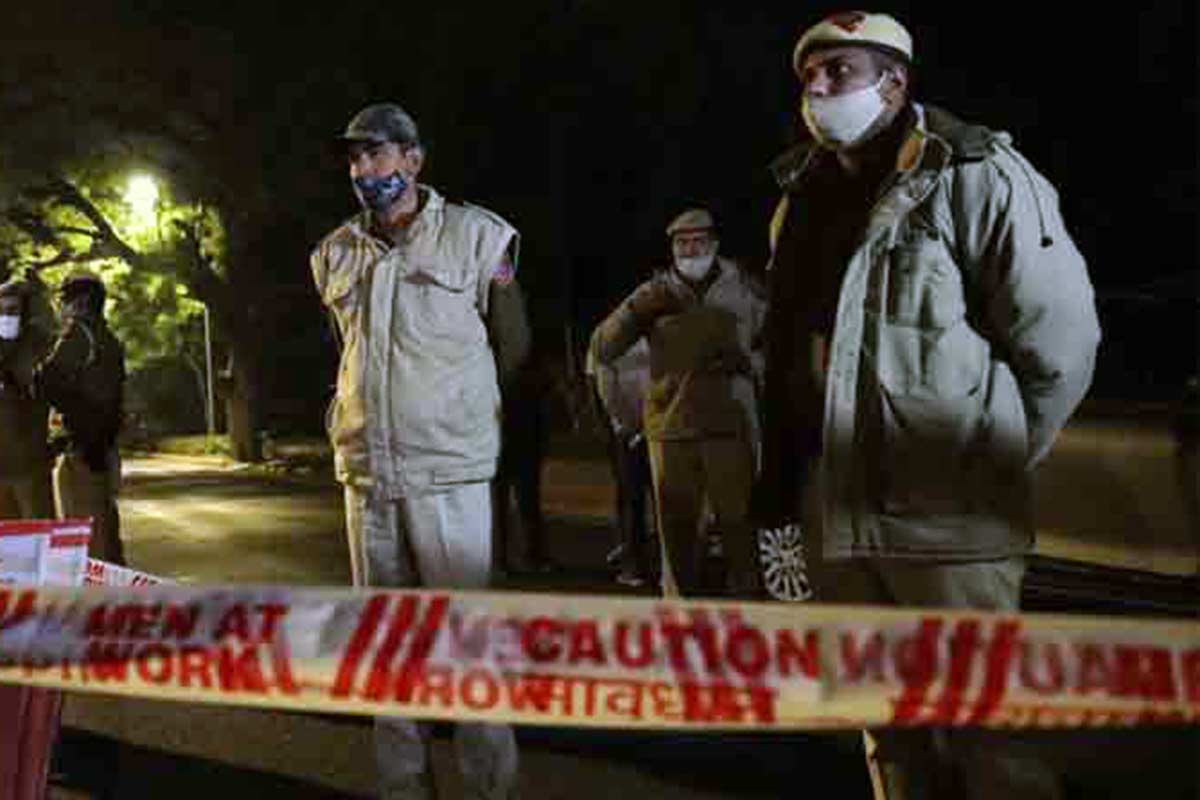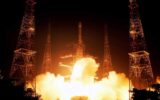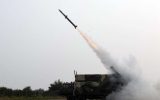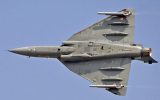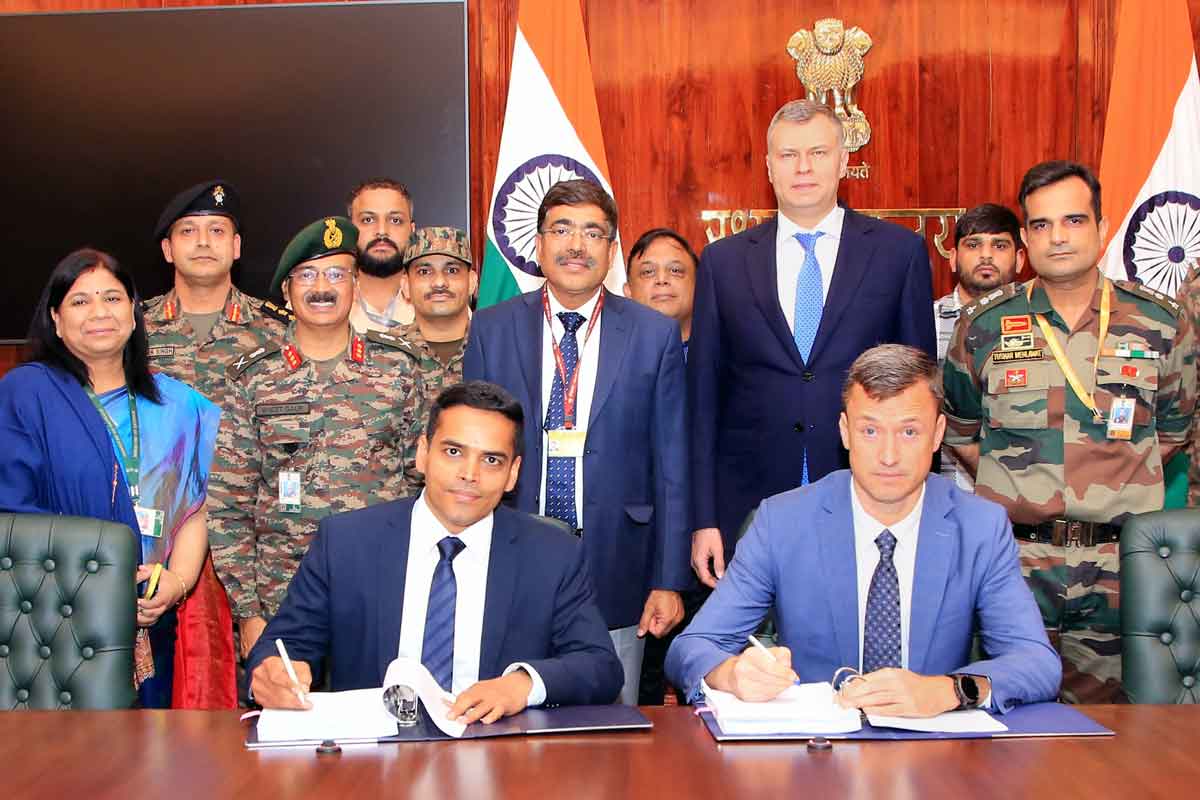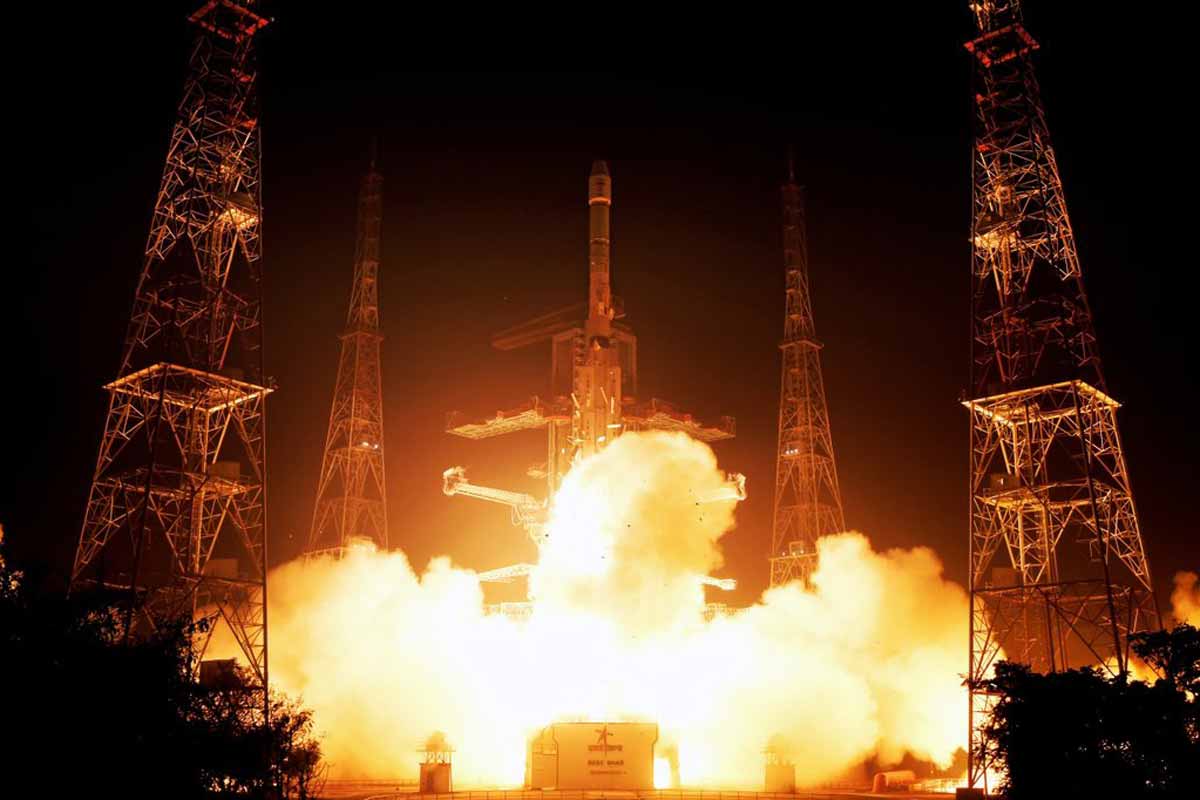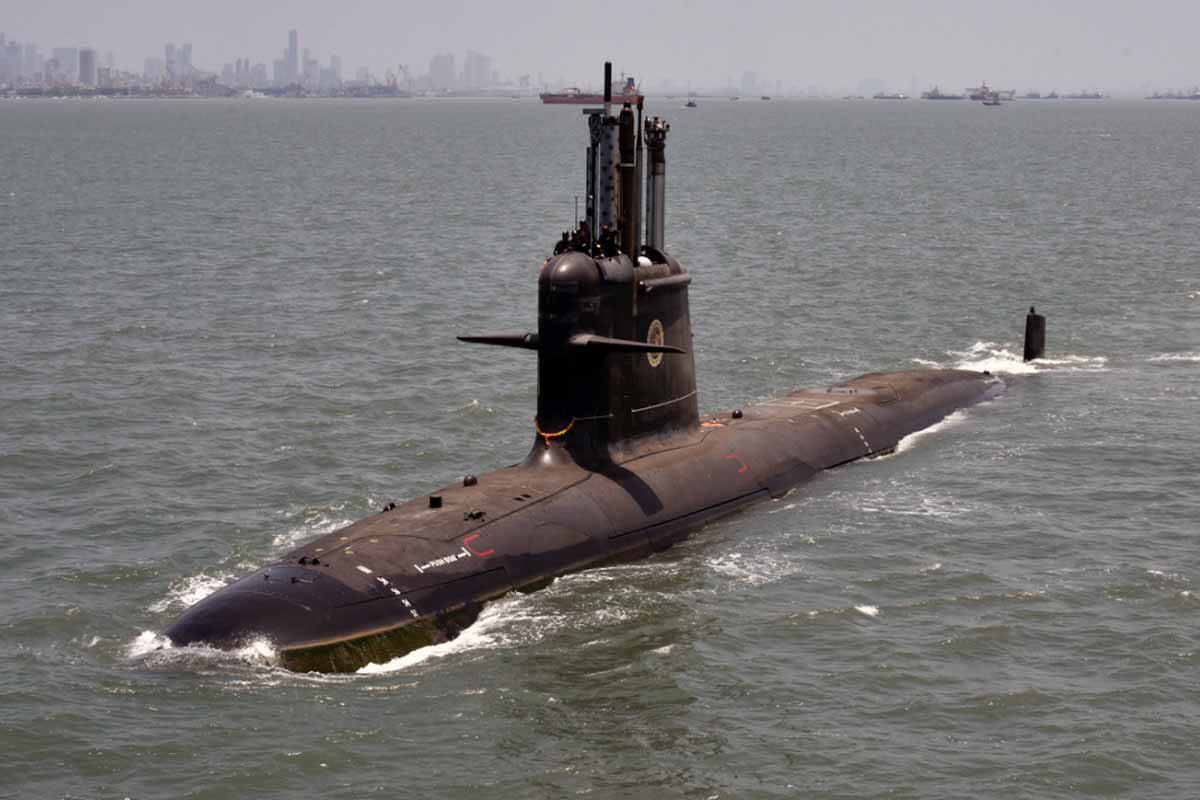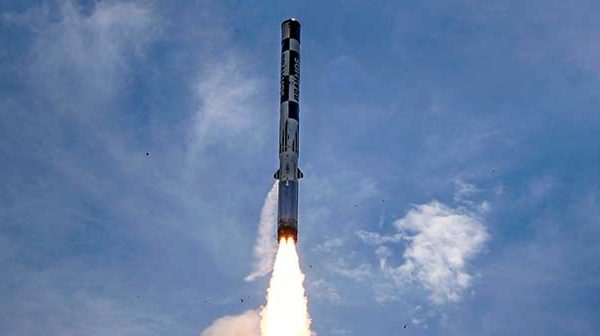Delhi Blast: Unknown attackers detonated a low intensity bomb outside Israeli embassy in a high security area in India’s capital New Delhi late Friday evening. The low-intensity blast outside the embassy coincided with the 29th anniversary of establishment of diplomatic relations between the two countries.
The crude bomb, which appeared to have been packed in a soft-drink can, went off near the Embassy of Israel on Dr APJ Abdul Kalam Road in New Delhi on Friday evening at around 5 pm local time, shattering the windscreens of three cars on the road, Delhi Police said.
According to the preliminary investigation, the bomb appeared to have been planted in a flowerpot on the road divider outside the embassy. However, no one was injured in the explosion.
In a statement, Israeli foreign ministry said all its diplomats and embassy staff in New Delhi were safe and there were no casualties and no harm was done to the embassy building.
The blast occurred at a time when India’s top leadership, including President Ram Nath Kovind, Prime Minister Narendra Modi, top ministers and military officers, including India’s chief of defence staff General Bipin Rawat, Army, Air Force and Navy Chiefs, were present just a few kilometers away to attend the ‘Beating Retreat’ ceremony, which marks the culmination of celebration of India’s Republic Day.
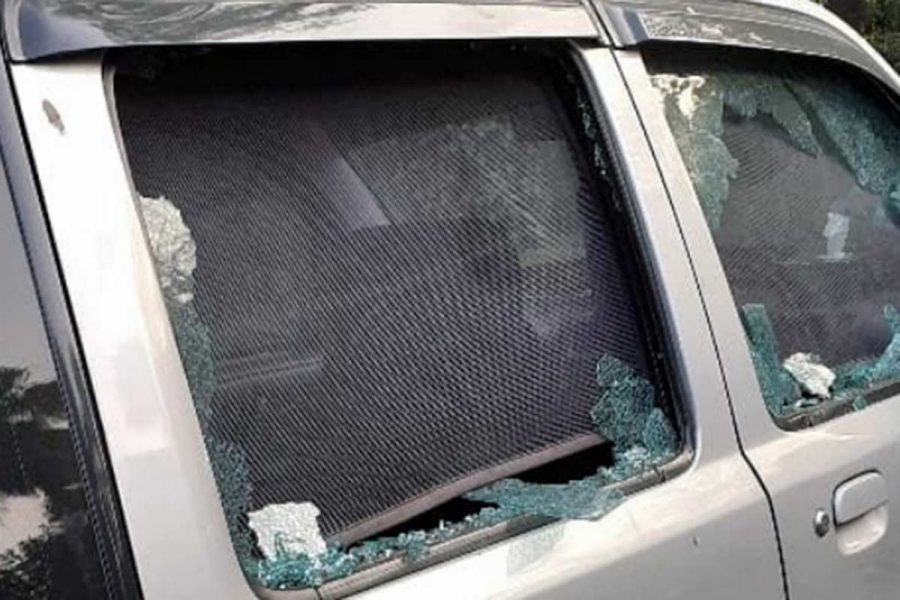
shattered windscreen of a car outside Israeli embassy in New Delhi.
READ: Akash-NG: DRDO testfires new generation anti-aircraft Akash missile
S Jaishankar speaks to Gabi Ashkenzai
India’s foreign minister S Jaishankar spoke to his Israeli counterpart Gabi Ashkenazi soon after the incident and assured him of full protection to Israel’s mission and its diplomats in India.
Jaishankar told his Israeli counterpart that India was taking the incident ‘very seriously’.
“Spoke just now to Israeli FM Gabi Ashkenazi about the explosion outside the Israeli Embassy. We take this very seriously. Assured him of the fullest protection for the Embassy and Israeli diplomats,” S Jaishankar posted on his Twitter handle.
“Matter is under investigation and no effort will be spared to find the culprits,” said the Indian leader.
Israeli foreign minister Gabi Ashkenazi said: “The Indian FM assured me that the Indian authorities are committed to the security of all Israeli diplomatic staff and will continue to act resolutely to locate all those involved in the explosion.”
“I thanked him and promised full cooperation and any help required from Israel,” said the Israeli leader.
READ: Cabinet clears Rs 45,700 crore deal to acquire 83 LCA Tejas for IAF
India-Israel close ranks after Delhi Blast
Following the low intensity blast in the high security area, senior leaders and officials from both the countries engaged with each other to ensure the safety of Israeli diplomats in the country and to punish the culprits.
While India’s foreign minister S Jaishankar spoke to his Israeli counterpart, India’s national security advisor (NSA) Ajit Doval spoke to the head of Israeli National Security Council, Meir Ben Shabbat and provided updates on investigations conducted by Indian security agencies.
According to the sources, India’s foreign secretary Harsh Vardhan Shringla also spoke with his Israeli counterpart Alon Ushpitz, and Sanjay Bhattacharyya, secretary of consular, passport and visa division in the ministry of external affairs spoke with the Israeli Ambassador in India Ron Malka.
READ: Indian Air Force conducts combined guided weapon firing drill in Andhra Pradesh
In a strong message of the seriousness given by Indian authorities, India’s home minister Amit Shah, in-charge of internal security, cancelled his tour of the poll-bound state of West Bengal that was to begin on Saturday.
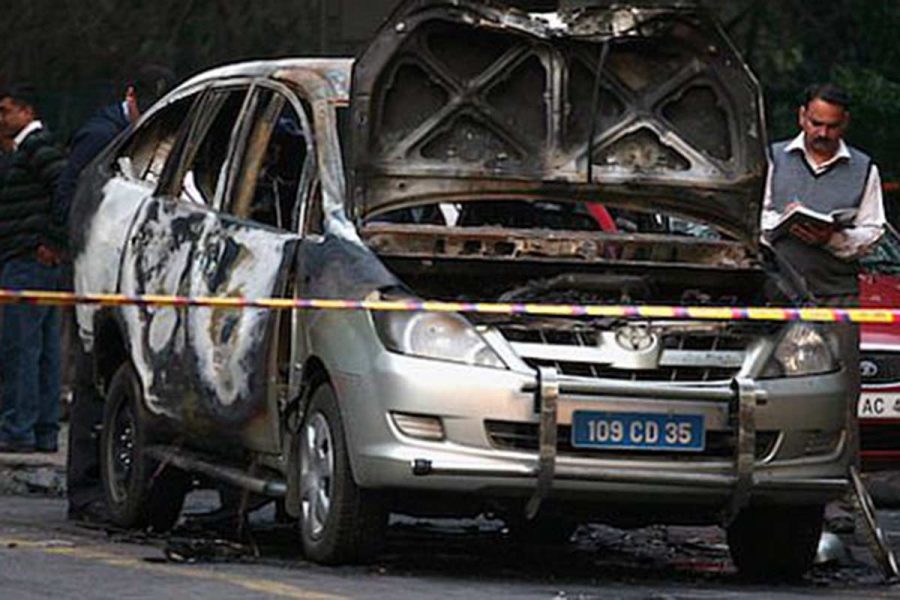
Attack on Israeli diplomatic vehicle in New Delhi in 2012 (file).
Second attack on Israeli diplomats in India
Friday’s bomb attack is the second incident in a decade when attackers have targeted Israeli diplomats and its mission in India.
In February 2012, attackers attached a sticky bomb to an Israeli diplomatic vehicle in New Delhi.
In the attack, Israeli diplomat Tal Yehoshua and an Indian driver were among the four injured when the magnetic bomb went off.
READ: HAL delivers cryogenic rocket engine tank to ISRO
Israel-Iran rivalry behind the attack?
A letter in an envelope addressed to ‘Israel Ambassador’ has also been found at the spot, police sources told local media outlets.
The letter contains a threat, and describes the explosion as a ‘trailer’, according to local media reports.
The letter also refers to two ‘Iranian martyrs, Qasem Soleimani and Dr Mohsen Fakhrizadeh, the sources added.
Major General Soleimani, who was assassinated in a US drone strike in January 2020, was Iran’s most powerful general, the commander of the Quds Force of Iran’s elite Islamic Revolutionary Guard Corps. He was responsible for conducting secret military operations outside the country, including in Syria and Iraq.
READ: India-US sign BECA agreement for sharing of Geospatial data
Fakhrizadeh, who was assassinated in November last year, was Iran’s top nuclear scientist. Tehran believes he was killed by Israel using a remote-control weapon.
An Iranian hand was also alleged in the earlier attack on Israeli diplomats in New Delhi when attackers targeted an embassy vehicle with a sticky bomb in February 2012.
Iranian officials, however, had denied the accusation.
READ: S Anbuvelan Takes Over as CEO of HAL’s Helicopter Complex
Delhi Blast: A symbolic message!
According to the sources in the Indian security establishment, the bomb was made with locally available low intensity explosives, whose exact nature would, however, be determined after the forensic examination.
“Given the importance of the day which marks the completion of the establishment of 29 years of diplomatic relations between India and Israel, it appears the idea was more to send a message than to cause any real damage,” a senior official in India’s security establishment told local media.
READ: GST Tax: August GST Collection stands at Rs 86,449 crores
He, however, said that it was a properly made improvised explosive device.
Sources said intelligence agencies had issued an alert on January 23 about a possible terrorist attack on Jews and Israelis from elements linked to the Islamic State.
READ: RBI expert group suggests hiking promoters’ stake to 26%


